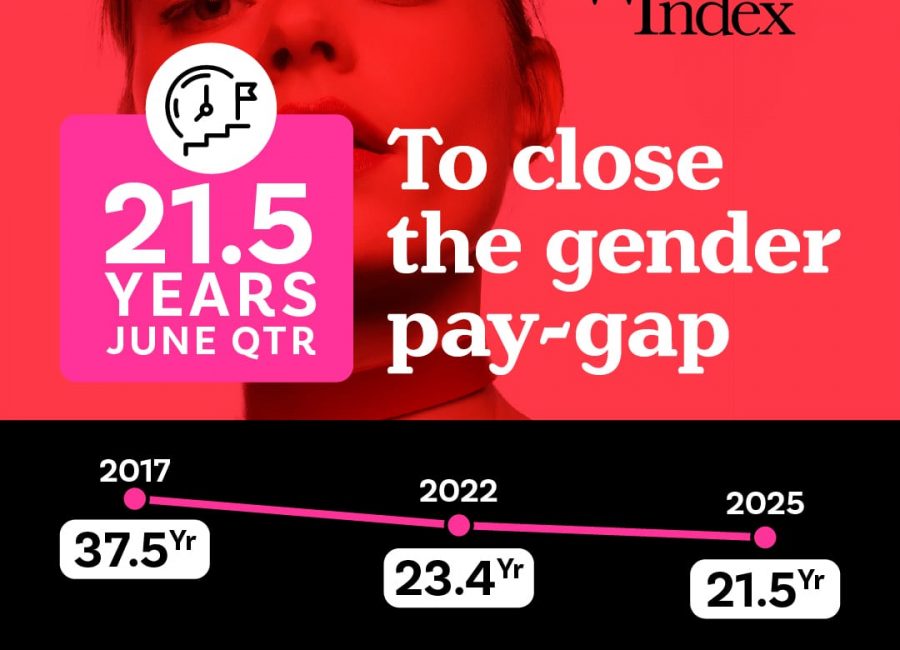As a small-business leader, is gender equality on your priority list?
With so much to consider in the day-to-day running of a business, it’s understandable that improving gender diversity in your business might not be at the top of your to-do list. But research shows having more women in businesses is not just a nice to have, it’s actually linked to business success.
This recent report from ESG Directory, Purpose Bureau, found that companies with directors of just one gender had a 37% higher failure rate in 2021, than those with a mix.
Having a mix of perspectives and skills can help businesses to be more productive, more innovative and more successful overall.
So here are five practical things you can do right now, to improve gender equality in your business:
1. Take an objective look at gender in your business
What’s the make-up of your team, and how are the genders represented at different levels of the business. Are you open-minded when it comes to hiring new people? Do you have a mix of genders making business-critical decisions?
Are you only considering women for traditional ‘support’ roles, rather than leadership roles? Getting a clearer understanding of the role of gender in your business is a great place to start.
By challenging your own beliefs, you’re helping to break the Gender Code within our society, which tells us men are providers, and women are supporters.
2. Conduct a gender pay audit
An audit like this will give you transparency about the actual pay equality or gaps in your business, and help you see where you stand in terms of staff pay in relation to gender.
Then take a look at the discrepancies in pay and ask yourself are these justifiable? Are they explainable? Is gender a factor?
Having this knowledge will help you make informed decisions around staff pay in future, and address any gender-related differences now.
3. Conduct meaningful conversations
Set up one-to-one conversations with the women in your organisation. Be open and honest, and encourage them to share openly with you.
What are the barriers which might hold them back from asking for a promotion? Can these be overcome? What are their aspirations within the business?
4. Assess working practices
With the market for talented people becoming more competitive, and limitations on hiring from overseas and interstate, it’s harder for small businesses to find skilled people.
The flipside of this is flexible working and remote working can create new opportunities for highly-skilled women.
Look at the working hours and practices in place in your business, and consult with your managers and teams about how flexibility might improve their productivity.
5. Professional development for your people
Encourage the women in your business to network with other women from small businesses – through joining local business groups and taking part in networking events.
Talk with your team about the development and training required for the business, and also for their own individual professional development. Also, encourage mentoring – both internally and externally. Finding a great mentor can help the women in your team to thrive, opening up possibilities to increase their contribution, and bringing long term business benefits.
This is an edited version of an article that originally appeared in Inside Small Business.
Financy helps women become financially fearless and while we’re at it, we ensure that our members – individuals and organisations – are part of the solution to gender financial equality.












